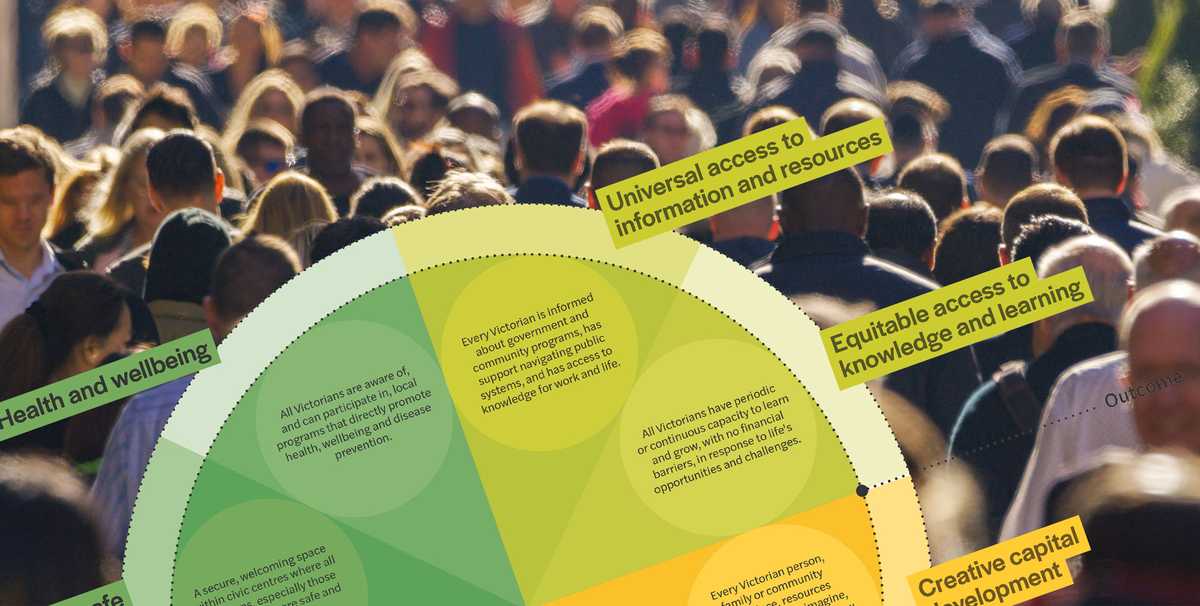
In November 2012, Ellis Jones’ Principal, Rhod, was invited to co-present at the WorldPR Forum alongside Paul Druckman of the International Integrated Reporting Council (IIRC) and Dan Tisch of the Global Alliance.
The talk was entitled “Integrated reporting: The role of corporate communication and investor relations in demonstrating strategy, governance, and financial performance in social, environmental and economic contexts”.
Not exactly the catchiest of titles, but a very important topic.
So what is integrated reporting (IR)?
By definition, integrated reporting is communication on how an organisation’s strategy, performance, governance and prospects lead to the creation of value over the short, medium and long term. IR is the most recent tool available to companies and organisations enabling visibility over their sustainability. In fully exposing their sustainability efforts, stakeholders gain a comprehensive view of their performance.
In lay terms, its an annual report on steroids.. with extra cream.
Do we need IR?
According to Goran Tidstrom, President of the IIRC, “Financial information is not sufficient. We have to provide information on sustainability, on social issues and environment, and it has to be done in an integrated way with a financial report.”
The business world is beginning to realise that creating social benefit will assist in the creation of financial benefit. Integrated reporting can be partnered with shared value principles to report the affects and social impact of major projects. Besides being Director at Ellis Jones, Rhod has worked in investor relations in the mining sector and is also founder of the Shared Value Project. Shared Value makes social impact a competitive advantage for businesses.
What is Shared Value?
- Facilitation – A framework for facilitating engagement of multiple partners to set common or agreed goals, a shared vision for progress, agreed definition of the problems, and a time frame for change. With value sets agreed, each partner has equitable influence and ownership over the outcomes.
- Implementation – A model based on common agendas, shared analytics, integrated activities, shared resources, communications, and systems of support.
- Analysis – Measures of impact and progress (using agreed metrics) to retain the focus and effectiveness of actions.
Below is a video from the good guys at FSG that neatly explains how important the Shared Value Model is to businesses and communities alike, now and into the future.
Thankfully, these days, more and more organisations and companies are growing a social conscience. And with conscientious steps comes conscientious reporting of activity.

